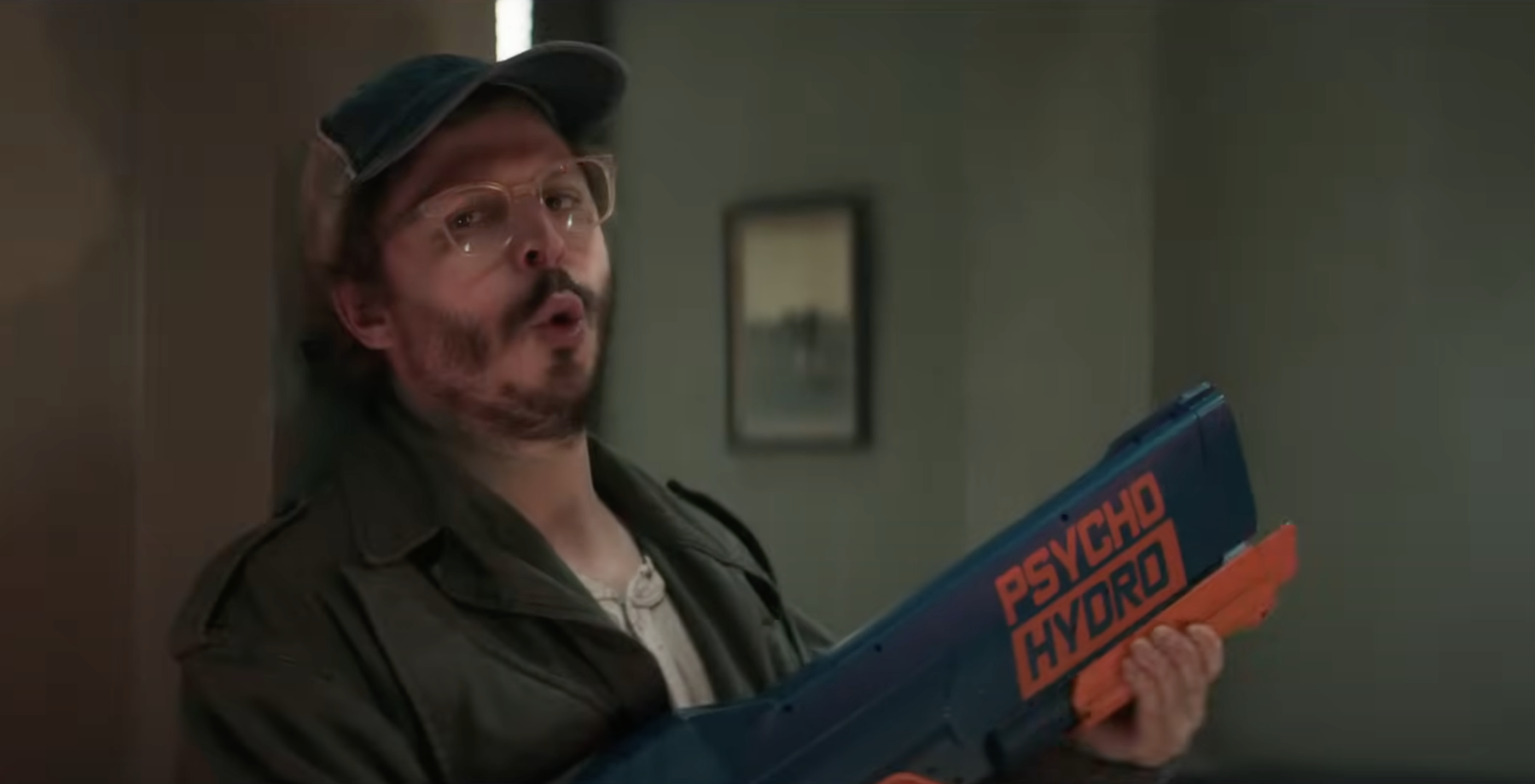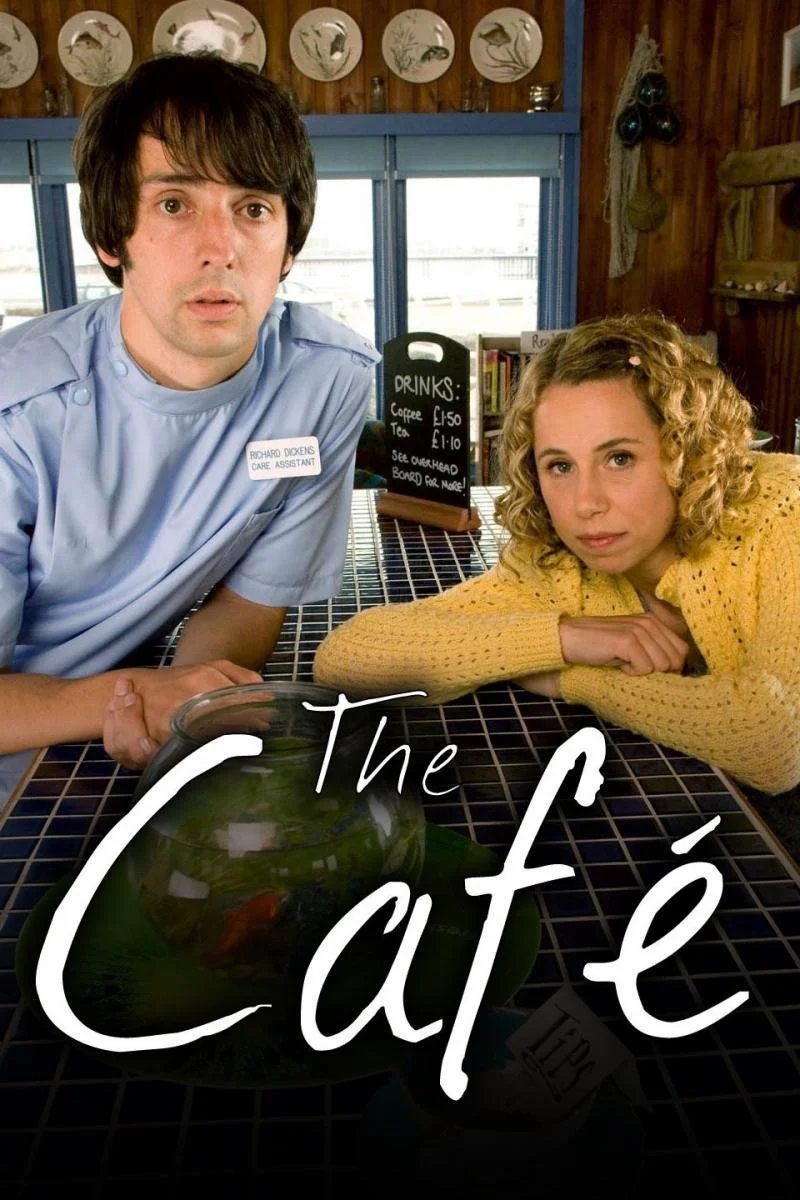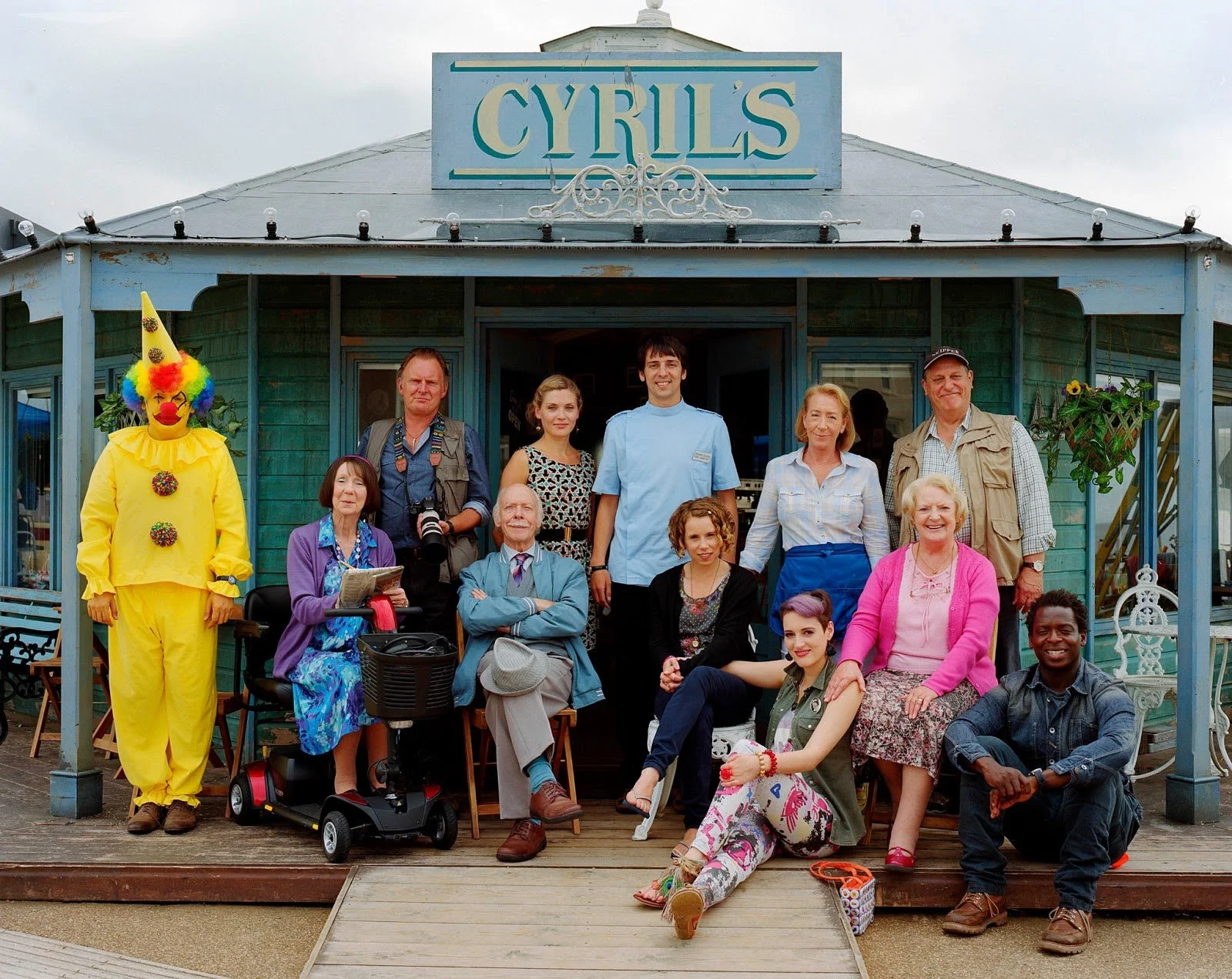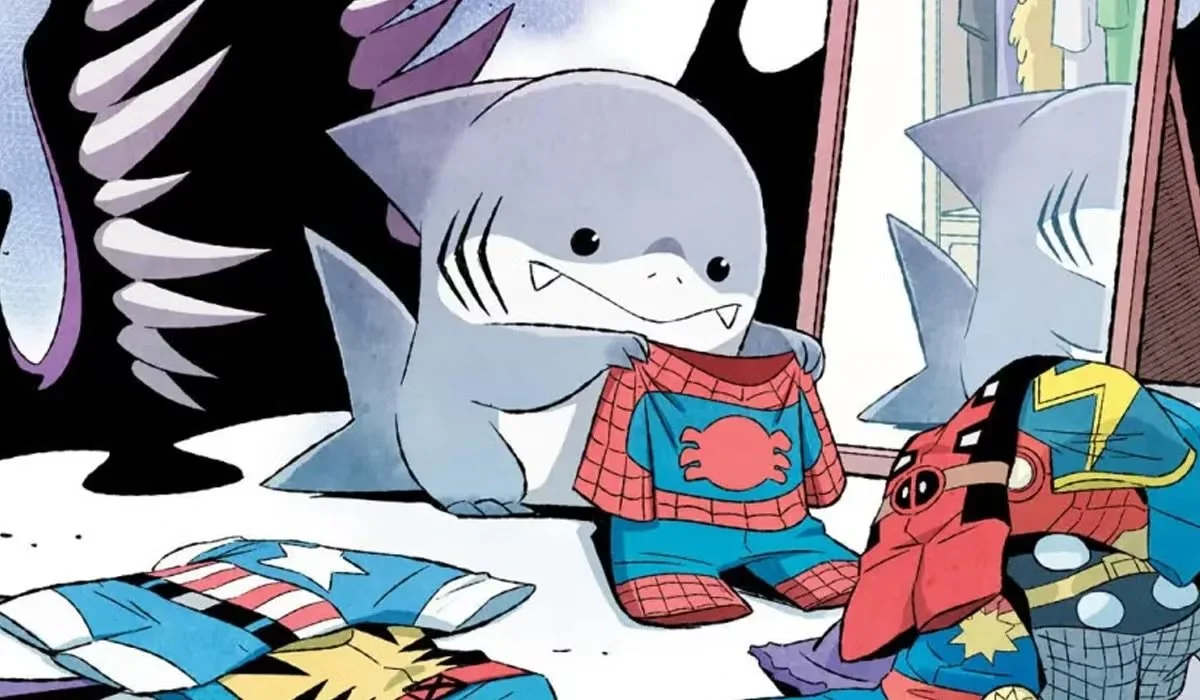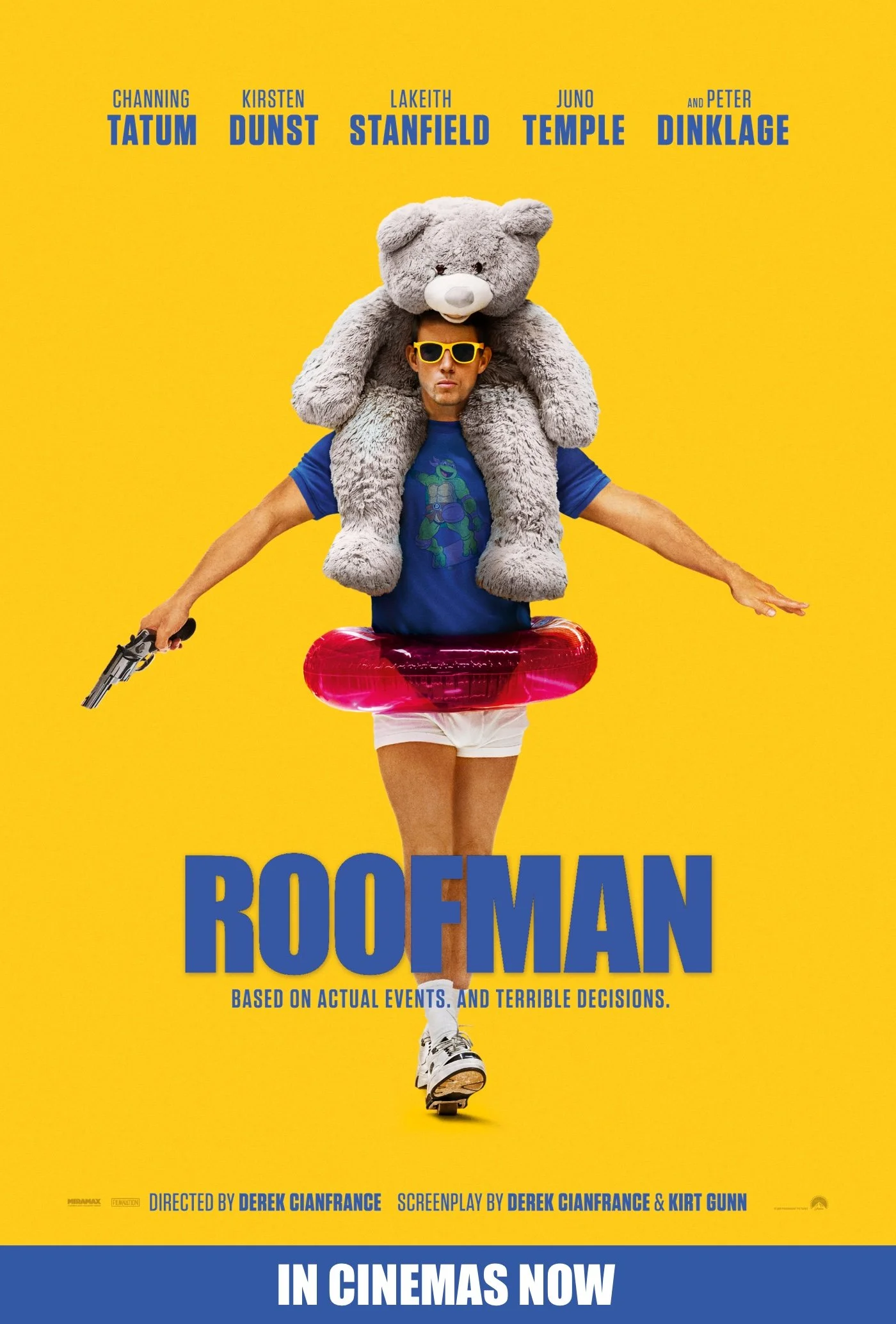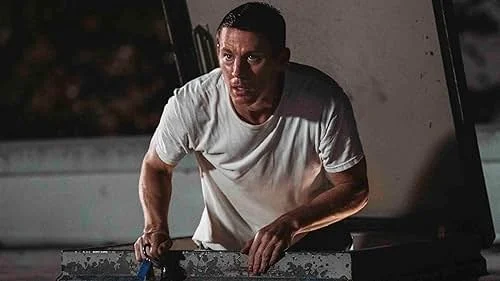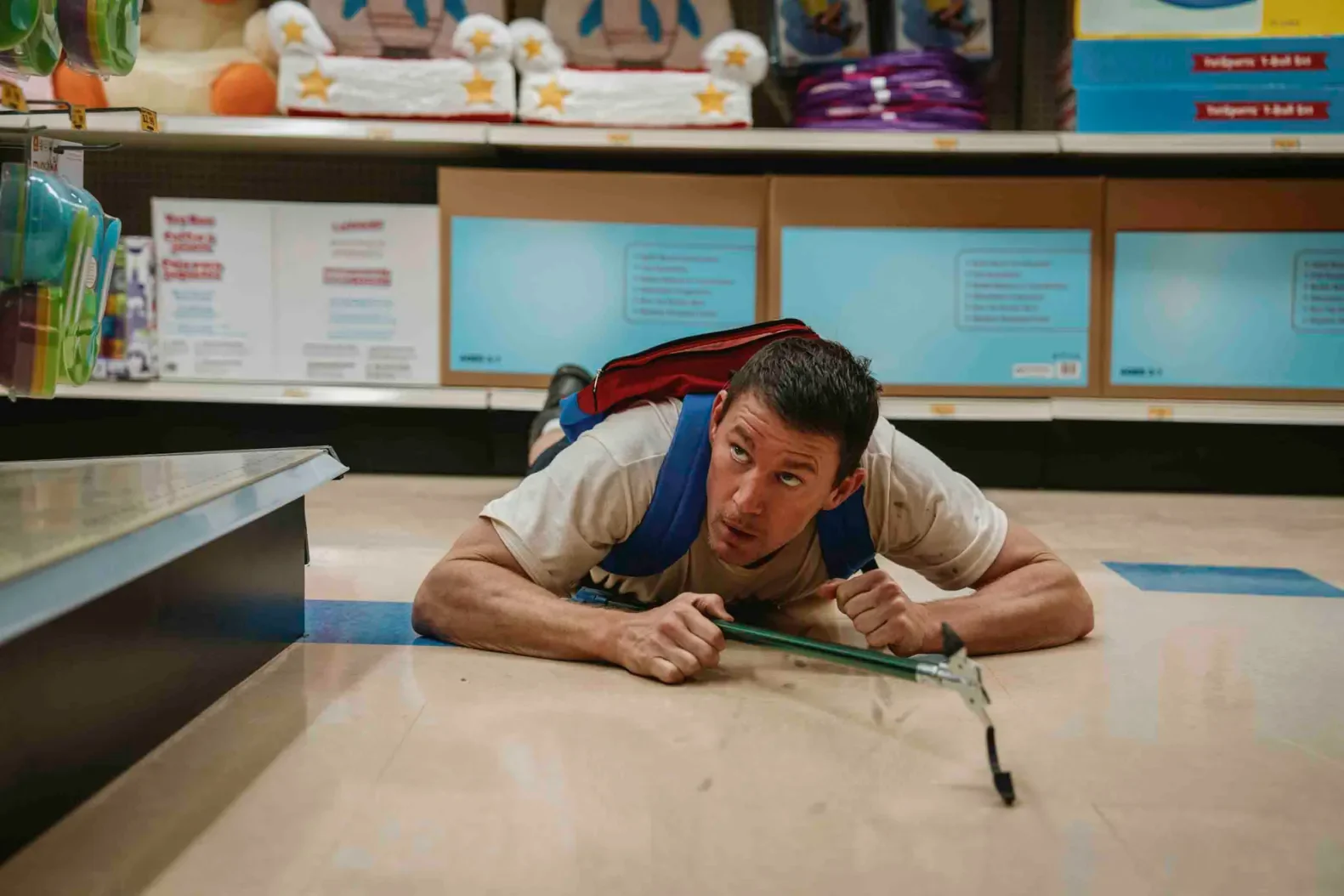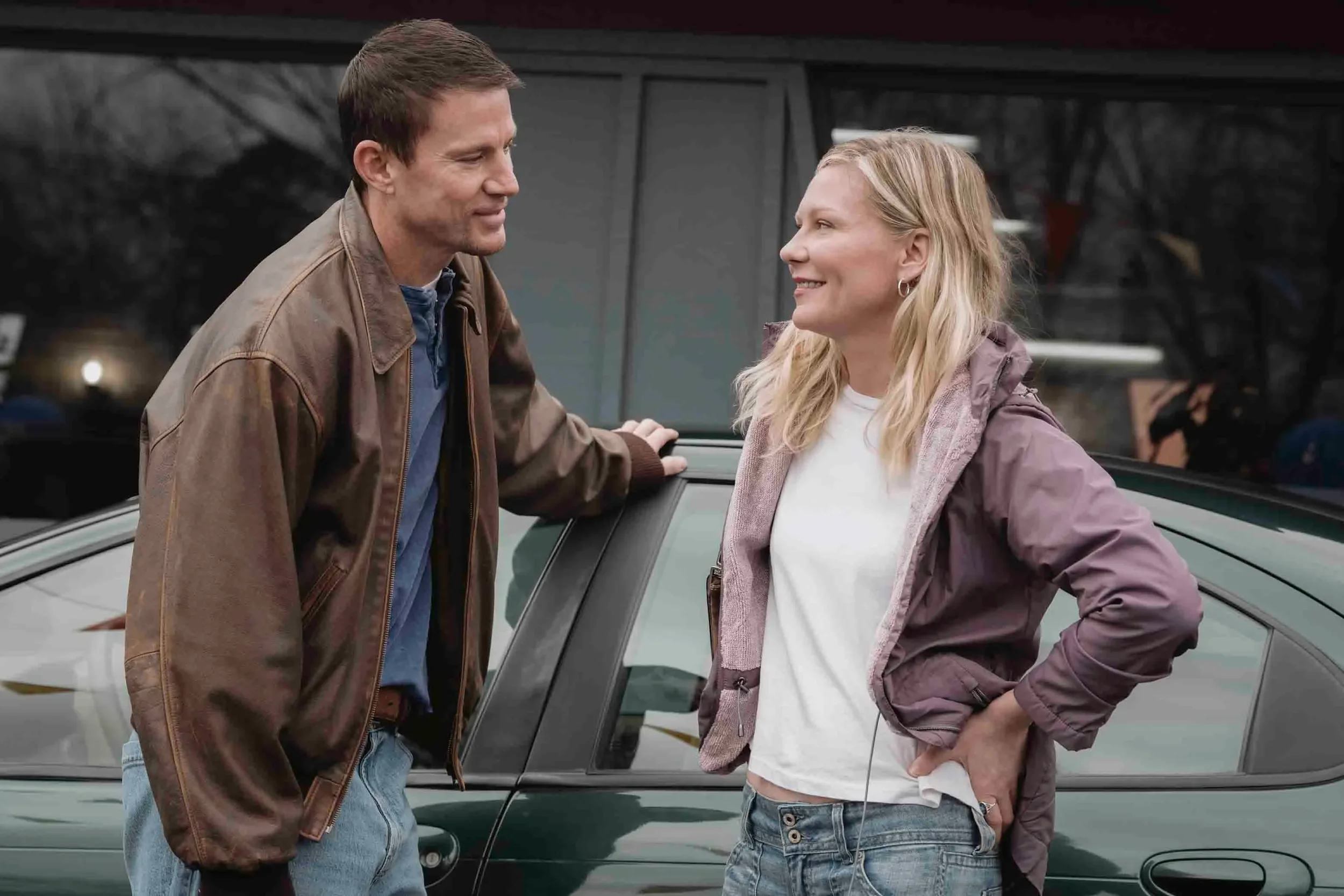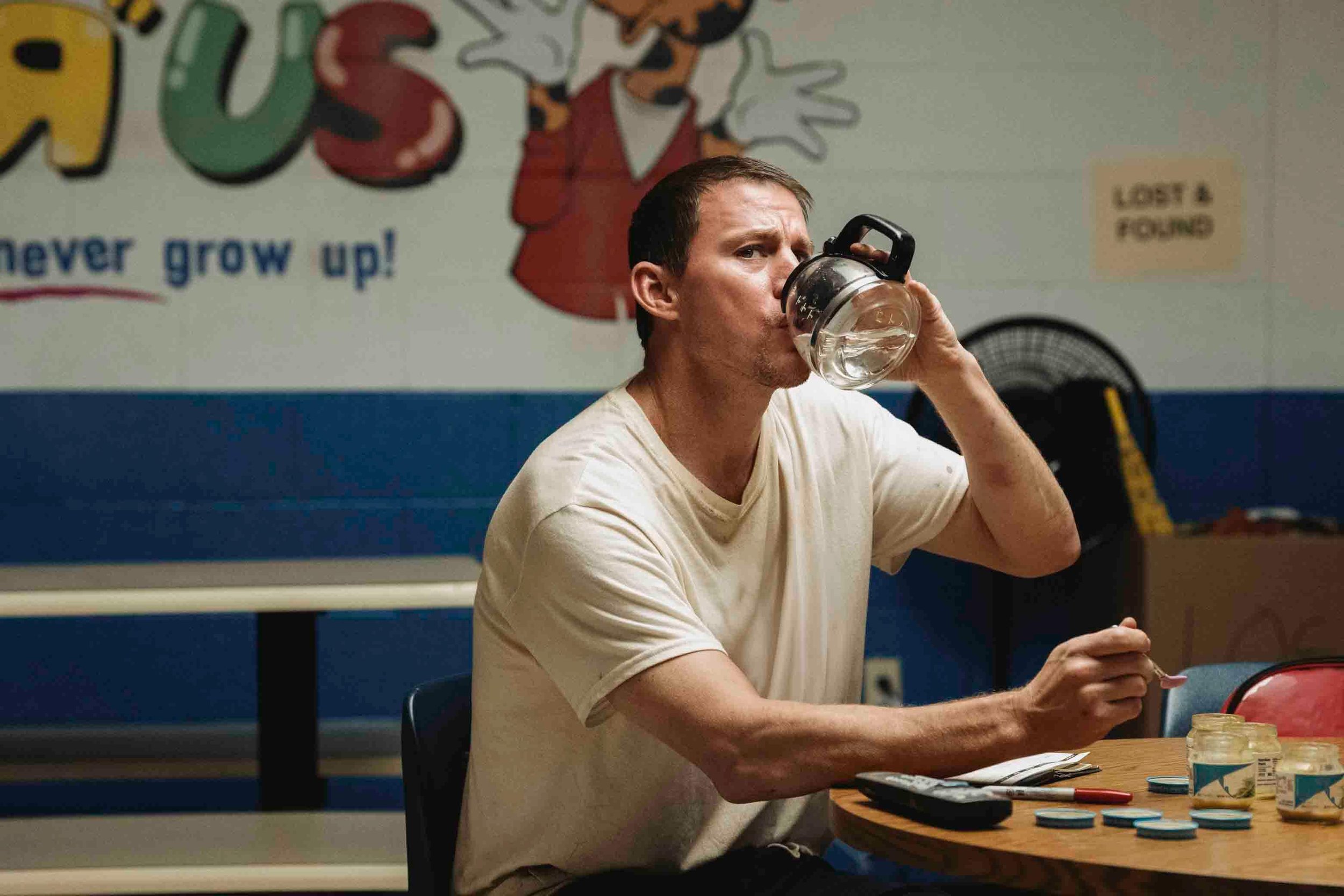If you’re a regular reader, you know that I typically write about one of three types of movies. Hidden gems that you may have missed, recent movies that are new to streaming that you probably have heard of and maybe haven’t gotten to yet and should, or more recent movies you should skip. But today, I want to bring you a movie you’ve definitely heard of and even if you haven’t seen it, you’re sure to recognize parts of it because it’s been such a big part of popular culture for the last 80 years. This movie was used as an example in one of my psychology classes and was one of the first I watched in film class. Considering it’s one of the most famous movies of all time, I won’t spend too much time introducing the plot and I’m not going to be too careful about spoilers; it has been the better part of a century, I think the embargo is off. Pour yourself a French 75 and get comfortable, let’s talk about Casablanca.
You probably know the story already. Expat Rick Blaine, played by Humphrey Bogart (The Big Sleep, The Maltese Falcon), owns the nightclub Rick’s Cafe Américain in French Morocco, under the Vichy government of occupied France in 1941. Rick’s pure Switzerland; surrounded by refugees escaping the growing Nazi regime in Europe, a corrupt police force, the rich and unaffected, and, ever increasingly, a Nazi presence. But all are welcome at the Cafe Américain. Enter Victor Laszlo (Paul Henreid), a key figure in the underground, wanted by the Nazis for publishing an antifascist newspaper. They threw him in a concentration camp, more than once, but he escaped and being taken into custody in Casablanca is complicated for the Nazis. Two things of note here; for many, Casablanca is the last stop before taking a plane to Lisbon and from there to the United States, where they’d be free and safe. Second, Laszlo is considered to dangerous to the Nazis because he has an idea they can’t kill, no matter how many people they do. And to the Nazis, anyone who can inspire people to stand up against them rather than fear them is extremely dangerous. Along with Laszlo is his wife, Ilsa Lund, played by Ingrid Bergman (Gaslight, Murder on the Orient Express), with whom Rick had a brief, but passionate love affair in Paris before the Nazis marched in and Rick had to flee because of his past. Ilsa was meant to follow him, but she didn’t make their rendezvous, and he rebuilt his life in Casablanca, heartbroken and cold. You know the rest, a few “here’s looking at you, kid”s and “I don’t stick my neck out for nobody”s later, we have a handful of dead Nazis and Laszlo and Ilsa get on a plane to safety.
Casablanca is widely considered one of the most romantic movies and one of the best movies of all time, ranking #1 as a love story and the #2 American movie by the AFI; and dear reader, I am not here to contradict either of those claims. 80 years later and the movie most definitely holds up, even nearly 20 years after I saw it for the first time, it’s still such a fantastic movie. The moviemaking techniques may be dated, but the story and the acting most certainly are not. Bogart is predictably excellent, but what I’d forgotten is just how funny he is. Obviously, he’s as charismatic as just about anyone who’s ever graced the silver screen, but his comedic timing is excellent and I found myself laughing out loud more often that I expected. But I’m not here to talk about romance (that’s next month, we’ll get to it). I’m here to talk about resisting fascism. Because as much as this is a devastatingly romantic film (I love it when the leads don’t get together at the end; I don’t know what that says about me), it’s also one of the most effective antifascist films ever made. This is a a beautiful tale of heartbreak and heartache, but it’s the bigger picture I’m concerned with today. If you haven’t seen it yet, watch it. I have no equivocations, no qualifiers. Casablanca is one of the best films in existence; it’s streaming on HBO and it’s 1 hour, 43 minutes that you will not regret.
It’s important to understand the context around Casablanca; coming out in 1942, just after Pearl Harbor and a couple of years before D-Day, Rick isn’t just American, he’s America. A seemingly amoral isolationist who is just as happy to sling booze to Nazis as he is refugees, the Cafe Américain is a neutral place. And when a pair of unimpeachable travel documents fall into his lap after the killing of two Nazi couriers, Rick is in the perfect position to get Laszlo and Ilsa out of Casablanca and on their way to safety in the US, even if he’s unwilling. You see, back in the 1940s, the United States was a relatively free and safe nation (if you were white), far from the chokehold of fascism. In Casablanca, the corrupt police rounded up the “usual suspects” for any crime committed; as one resident explains, the usual suspects consist of “refugees, liberals, and, of course, beautiful young girls” for the police captain. In 80 years, some things change, some things don’t. Try to evade the police and get shot down in the street. Comply and you might get shot anyway.
When Ugarte, played by Peter Lorre (The Maltese Falcon), who killed the couriers and entrusted the papers to Rick, is caught in a raid at the Cafe Américain, he goes to Rick for help, but Rick being Rick, pulls a full on pre-Uncle Ben Spider-Man and stands by as the Nazis and Vichy police arrest him. Ugarte doesn’t make it; as police captain Louis Renault explains to Laszlo, Ugarte died in custody, but they haven’t decided whether it was a suicide or he was killed trying to escape. State-owned truth, deciding what happened to people they hold in custody. It’s not just their fate they hold in their hands, but their memory. The lies they tell to shift the narrative to serve them not only kill a person, but erase them. Some things really never change.
Throughout the film, we’re shown that despite Rick’s outward isolationism, there’s something still beating in the chest of the former revolutionary (albeit as a mercenary, he would only work for the side he considered morally right). He turns away a Deustche Bank executive from the private gambling room because he didn’t want one of the men bankrolling the Third Reich in there. He rigs his own game to give away thousands of francs to a young couple to help them secure exit visas without the young wife being sexually exploited by Captain Renault. But he still let Ugarte get caught and eventually killed. The man’s no saint, that’s for sure, but he echoes America’s sentiments pre-Pearl Harbor. His heart turned cold and he turned his back on the world, finding it easier to let the world burn rather than step in. He’s the guy who doesn’t care what flag flies over his head as long as he doesn’t look up. When Laszlo comes to him for the transport papers, he refuses; partly because of the risk, partly because he can’t stand to help Ilsa leave with her husband when he still loves her. He asks Laszlo if it’s even worth fighting and, well, Laszlo speaks plainly. “If we stop breathing, we’ll die. If we stop fighting our enemies, the world will die”. The line cuts deep; it’s so easy to be overwhelmed by the scope of the evil in front of you and accept it as an inevitability. And that’s where Rick is, when he responds “Well, what of it? It’ll be out of its misery”. All he can see, all he can feel is misery.
All that time as a merc on the losing side because it was the right side to be on. Then the woman he falls in love with (something he’d never allow himself to do again) pulls a disappearing act after he’s forced out of Paris by Nazis. Now he has to glad-hand the ones responsible for one of the most inhuman atrocities in the history of the world. Rick’s got a right to be bitter. But at the end, Rick, like America after Pearl Harbor, realizes that the world is far bigger than his petty grievances, even if those grievances include an irreparably broken heart. Because there are things that are larger than our particular hill of beans and the rising tide of fascism is one of those things.
So yes, while Casablanca is a fantastic tragic romance that has taken its rightful place in the upper echelon of filmmaking, it’s the sadly still necessary anti-fascist message that makes it so important even more than 80 years later. It shows how important it is to stand for what’s right, no matter how hard it may be. And it also leaves room for different kinds of resistance. Laszlo isn’t feared by the Nazis because he’s a ferocious fighter, highly skilled operator, or military tactician. No, they fear him because he represents an idea and inspires people to try to attain it. There’s a moment, one of the most powerful perhaps in cinema history, when the Nazi officers start singing “Die Wacht am Rhein”, an anti-French German war song about defending the fatherland (which usually doesn’t entail ethnic cleansing, genocide, and an attempt at world domination, but what do I know?), Laszlo goes to the band and tries to get them to play “La Marseillaise”, the French national anthem. Rick allows it, sure, but it’s Laszlo that leads the band—and the clientele of the Cafe Américain—in drowning out the Nazi voices. And never more than in that moment are the Germans more afraid of Laszlo. You can see it in their faces. A nightclub full of downtrodden refugees fleeing their oppression are buoyed enough by Laszlo’s presence that they silenced their oppressors with nothing but the sound of their voices. Sometimes surviving is an act of resistance. Sometimes so is singing. And what makes this scene particularly powerful is that it was so very, very real. Most of the people in this scene weren’t actors. They were actual refugees who escaped the Nazis, singing their hearts out for their home under the thumb of the evil regime. It is an incredibly powerful and moving scene that I will never look at the same way after learning that.
It’s only by rejecting cynicism and embracing idealism, the idealism of people like Victor Laszlo that we can ever hope to stand against such reckless hate and enduring evil. There’s a generational theory that posits some sort of societal cataclysm every 85 years or so. I try not to buy into these things too heavily because past correlation isn’t always indicative of future events, nor am I naive to the fact that the technology we have now is unimaginable to the people who were alive 85 years ago. So it’s possible that we can change the cycle and this doesn’t have to be like when the Reapers show up in Mass Effect. But, it is chilling to watch the news and remember that Pearl Harbor was attacked in 1941, which happens to be exactly 85 years ago. Casablanca is set in 1941 as well, before the attack on Pearl Harbor. And 85 years ago, at the start of this film, an unarmed man is shot in the back and killed by police for fleeing when he didn’t have his papers. A few days ago, a man was shot to death in the street by ICE after being disarmed and held down. He was a nurse trying to render care to a woman. His name was Alex Pretti. Days before that, a woman was shot in the head by ICE at point blank range after thanking the ICE agent. She was trying to go home. Her name was Renee Good. These are not the only two people who have become memories for their loved ones to cling to. Not the only two who their killers have tried to erase by controlling how they’re remembered. I don’t know how many. 85 years ago, that was the norm in Nazi-occupied territory. In Casablanca, those people wanted to flee to America. 85 years later, it’s happening here.
I’ve joked before that this blog isn’t about politics, but it was always said with tongue firmly in cheek. You cannot talk about art, any art, without talking about politics. Film especially. Do you think a movie like the Oscar-nominated One Battle After Another comes out in 2012? The Running Man doesn’t get a new adaptation if a story about a dystopian near-future (technically last year) America isn’t relevant to present-day America. We don’t get Oppenheimer unless we fear a repeat. I drew my first breath on this land and now I don’t recognize it. I want this blog to be a place where you can jump in and find your next escape, but I also want it to be a place you can come to find things that will move you, that will affect, and will make your world bigger. I have been clear about my thoughts on diversity, representation, empathy, inclusion, and equality through this project, but now I will make it abundantly clear for anyone for whom I was too subtle. Abolish ICE. Prosecute those responsible—the ones who pulled the trigger and the ones who put the guns in their hands and pointed them at their neighbors and told them that they were their enemy. Because we know how this movie ends if it goes unchecked. We saw how it played out 85 years ago.
And through all this, in our darkest moments, when things look the worst, when the news is so overwhelming that all we want to do is crawl into our shells for the magnitude of the evil standing in front of us, we can take a moment. Take a beat. Catch your breath. And remember, that just like Laszlo leading those French refugees in song, your voice is loud. Take time if you need to, I know I have. We have to breathe or we’ll die. And we have to fight or the world will die. Laszlo was right about that too. But fighting takes many forms, from the biggest protests down to something as small as a tweet. A reminder to those around us that we’re also willing to stand up can go a long way. I’m still going to be here, coming at you every week with analysis about great entertainment and talking about representation and empathy and equality through these films, shows, and games. Next month, we’re going to have another theme, like we did back in October. But for now, I’m going to leave you with my favorite quote from a different film, a film I didn’t even like that much, because I look to this quote when I need a reminder that optimism is a form of resistance:
“When I choose to see the good side of things, I’m not being naive. It is strategic and necessary. It’s how I’ve learned to survive through everything. I know you see yourself as a fighter. Well, I see myself as one too. This is how I fight.”













